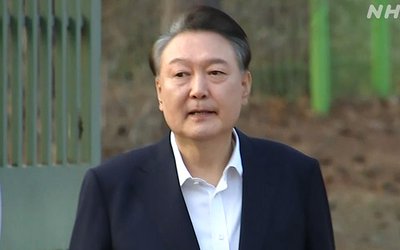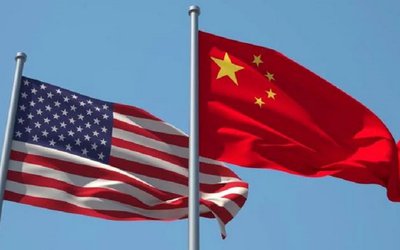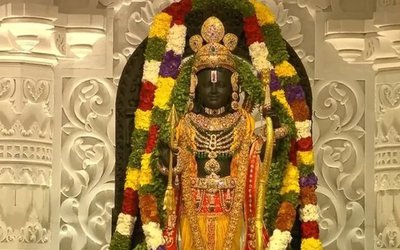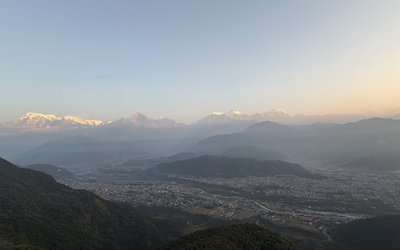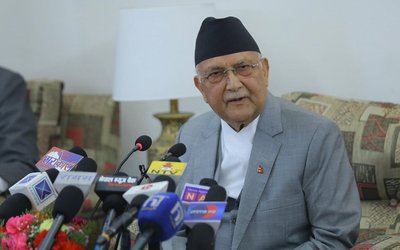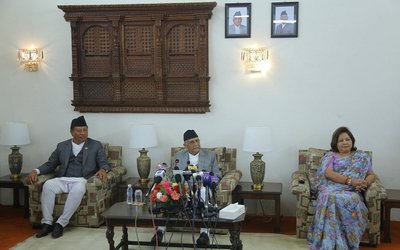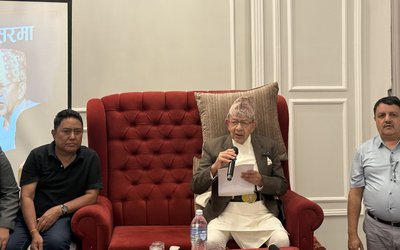
India's top court has ordered the government to protect Kashmiri people from attacks in apparent retaliation for last week's deadly bombing in Indian-administered Kashmir.
There have been several reports of Kashmiri students and businessmen being harassed or beaten up in recent days.
The Supreme Court has also sought a response from the states where these alleged incidents happened.
The attack has sparked anger and anti-Pakistan protests across India.
The suicide bombing of an Indian security convoy in Pulwama on 14 February was claimed by a Pakistan-based militant group and has led to a war of words between nuclear-armed India and Pakistan.
But in some cases the anger has been directed against Kashmiri people living in other parts of India. The attack, which killed more than 40 Indian paramilitary police, was the deadliest against Indian forces in Kashmir in decades.

The court's decision singled out the federal government as well as governments in 10 states which are home to a sizeable Kashmiri population.
It asked authorities to widely publicise the details of officials who Kashmiris can contact if they face threats or violence.
The order was in response to a petition seeking protection for Kashmiris living across India. Tehseen Poonawala, one of the petitioners, told the BBC that he was moved to act because he was "disturbed" after reading reports of Kashmiris being attacked.
"It's not about Kashmiris. It's about human beings. We cannot be a country that responds with mob violence."
In the days following the attack, isolated incidents of students from Kashmir being beaten up or evicted from their accommodation in northern Indian states were reported in local media. Kashmiri Muslims were warned to stay vigilant and India's Central Reserve Police Force (CRPF) offered help to those in need, but also warned of false reports.
The governor of the north-eastern state of Meghalaya sparked controversy after calling on people to "boycott" Kashmir and Kashmiri products and businesses.
Twenty Kashmiri girls in the northern city of Dehradun were forced to lock themselves in their hostel after protesters gathered outside to demand their eviction, according to the Times of India. A dean of a college in the city was also allegedly suspended after an angry mob demanded that he be dismissed from his job.
Two other colleges in the city issued public statements saying they would not admit Kashmiri students in the next academic year.
Federal education minister Prakash Javadekar has denied that "incidents" have taken place involving Kashmiri students.
But a police official in Dehradun told that 22 students had been arrested for protesting and demanding that Kashmiri students be expelled from colleges in the city.

Many Indians have expressed sympathy towards the Kashmiri students on social media, with some offering shelter in their own homes.
India has long had a volatile relationship with Muslim-majority Kashmir, where there has been an armed insurgency against Indian rule since the late 1980s.
The region has been a flashpoint between India and Pakistan since independence. Both countries claim all of Kashmir but control only parts of it. They have fought two wars and a limited conflict over the territory.
Courtesy: BBC
- India Supported Construction Of Four Schools In Nuwakot
- Mar 19, 2021
- Nepal Denies Permission For Third Phase Trial Of Vaccine Against COVID-19
- Aug 31, 2020
- Messi Can Only Cancel Barcelona Contract If €700 Million Release Clause Is Paid, La Liga Confirms
- Aug 31, 2020
- India To Carry Out Study On Kathmandu-Raksaul Railway
- Aug 28, 2020
- COVID-19: 1,351 Personal Of Nepal Police Infected
- Aug 28, 2020

